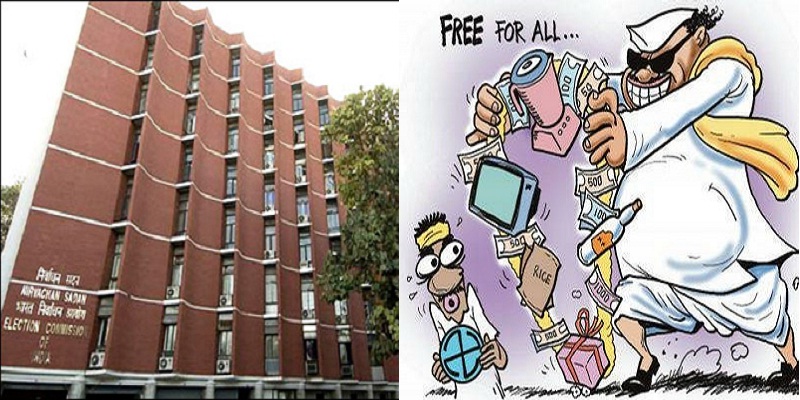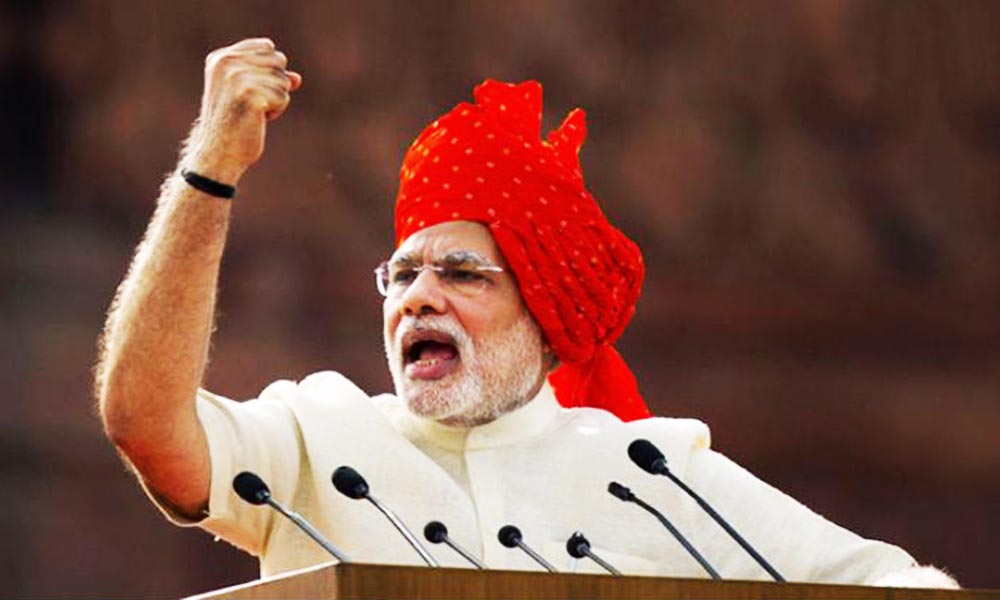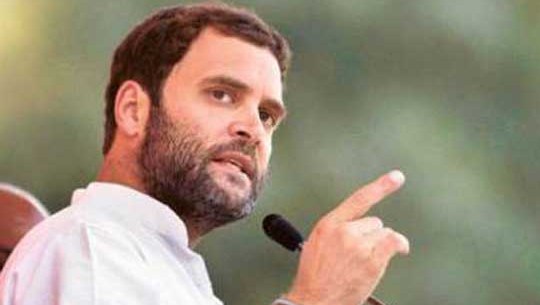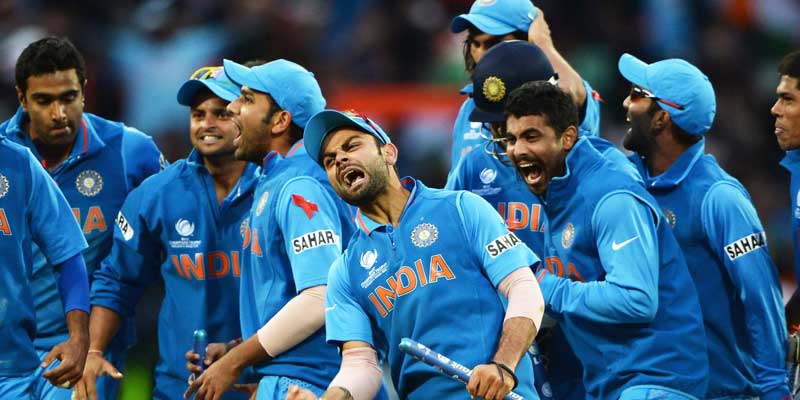Ahead of the April-May Lok Sabha elections, the Election Commission has cautioned political parties from making any tall promises by issuing fresh and comprehensive guidelines.
Wooing voters may be a tad difficult for political parties this election season. The political manifestos glistening with unrealistic populist promises will go dry for the Election Commission of India has tightened its grip on them.
Ahead of the April-May Lok Sabha elections, the Election Commission has cautioned political parties from making any tall promises by issuing fresh and comprehensive guidelines. In order to conduct free and fair elections, according to the EC, the freebie culture has to go because in reality freebies of any kind “influence all people” and “shake the root of free and fair elections to a large degree.”
The EC has directed all parties and candidates to ensure that their manifestos “reflect the rationale” for a promise but will also “broadly indicate the ways and means to meet the financial requirements for it”.
Stating that the “trust of voters should be sought only on those promises which are possible to be fulfilled”, the new guidelines say that “political parties should avoid making those promises which are likely to vitiate the purity of the election process or exert undue influence on the voters in exercising their franchise”.
The move comes as per Supreme Court’s verdict of July 5, 2013, where it has said that though promises made in manifestos could not be construed as corrupt practices as per law, the distribution of freebies of any kind “influences” all people.
While issuing the guidelines after incorporating views of political parties during their meeting with them on February 7, the poll body included them in the Model Code of Conduct.
The new guidelines, now included as Part VIII in the MCC and sent to all national and state political parties, state that “in the interest of transparency, level playing field and credibility of promises, it is expected that manifestos also reflect the rationale for the promises and broadly indicate the ways and means to meet the financial requirements for it”.
While the political parties have expressed their support for such guidelines, many political parties were of the view that it was their “right and duty” towards voters “to make such offers and promises in manifestos in a healthy democratic polity”. They also argue that it may not be possible to work out minute details of the financial impact of the promises being made in advance.
The EC stood firm on its decision and said that the Directive Principles of State Policy enshrined in Constitution enjoin upon the state to frame various welfare measures for citizens and therefore there can be no objection to the promise of such welfare measures in manifestos. “However, political parties should avoid making those promises which are likely to vitiate the purity of the election process or exert undue influence on the voters in exercising their franchise,” the Commission held.
The Model Code of Conduct for guidance of political parties and candidates is a set of norms that has been evolved with the consensus of political parties who have consented to abide by the principles embodied. This code also binds political parties to respect and observe it in its letter and spirit.
The Election Commission ensures its observance by political parties in power, including ruling parties at the Centre and in the states and contesting candidates.
-with input from agencies





